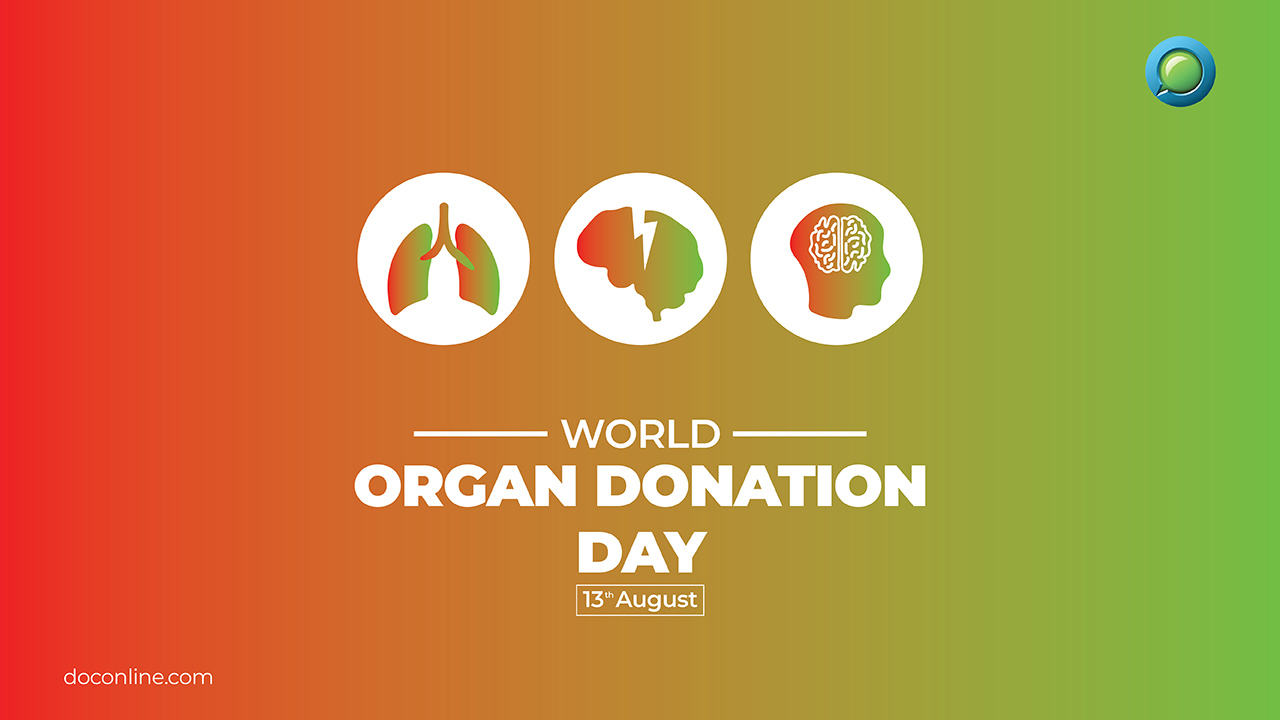World Organ Donation Day, observed on 13th August, serves as an opportunity to raise awareness about the importance of organ donation and dispel common myths and misconceptions surrounding this life-saving practice. Organ donation is a selfless act that has the potential to save and improve countless lives. In this blog, we will address prevalent myths and misconceptions surrounding organ donation, aiming to provide accurate information and encourage more individuals to consider becoming organ donors.
I. Myth: Organ Donation is against my Religion or Beliefs.
Fact: Many major religions endorse and support organ donation as an act of compassion and saving lives. Consult your religious leader or refer to official statements from your faith community to gain clarity on their stance regarding organ donation.
II. Myth: Doctors won't work as hard to save my life if they know I'm an organ donor.
Fact: Medical professionals are ethically and legally bound to provide the best possible care to all patients regardless of their organ donor status. The priority is always to save lives, and the organ donation process is only considered after all life-saving efforts have been exhausted.
III. Myth: Organ Donation is only for young and healthy individuals.
Fact: People of all ages and health conditions can be potential organ donors. The suitability of organs for transplantation is determined on an individual basis at the time of donation. Even individuals with certain medical conditions can donate specific organs or tissues.
IV. Myth: Rich and famous people receive priority for organ transplantation.
Fact: Organ allocation is based on strict medical criteria, urgency, and compatibility, not on wealth, fame, or social status. The allocation process is overseen by national organ transplant organizations to ensure fairness and equal access to organs for those in need.
V. Myth: Organ Donation disfigures the body and prevents an open-casket funeral.
Fact: Organ donation does not disfigure the body or prevent an open-casket funeral. Surgical procedures are performed with the utmost respect and care to preserve the donor's appearance. After the donation, the body is reconstructed, and the donor can still have an open-casket funeral if desired.
VI. Myth: I'm too old to donate organs.
Fact: Age alone does not disqualify someone from being an organ donor. The decision for organ donation is based on individual medical assessments at the time of death. Older individuals can still donate organs and tissues that meet the criteria for transplantation.
On World Organ Donation Day, it is crucial to dispel myths and misconceptions surrounding organ donation. Organ donation is a remarkable gift that can save lives and offer hope to those in need. By understanding the facts and separating them from misconceptions, we can encourage more individuals to consider becoming organ donors and potentially transform the lives of others. Together, let us promote awareness and education about organ donation, fostering a culture of compassion and generosity that supports this life-saving practice.
Remember to register as an organ donor in accordance with the guidelines and procedures established by the government. By doing so, you can make a profound difference and leave a legacy of kindness and generosity.













